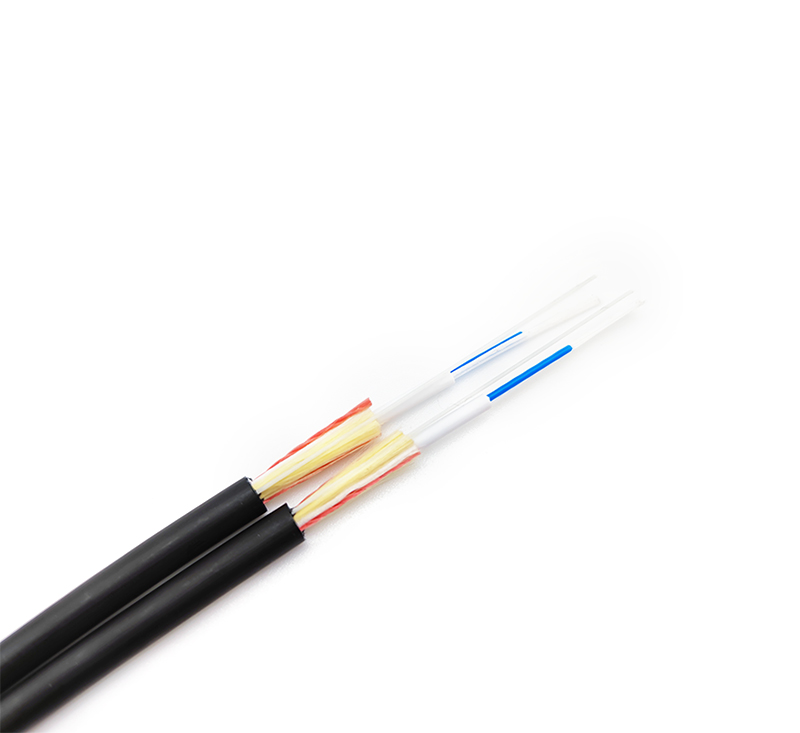In the cabling industry, the struggle between optical fibers and copper cables has been going on for more than ten years. With the continuous emergence of new services such as cloud computing and G5, the scale of data centers has continued to expand, and its architecture and cabling have become more and more complex. The cost reduction has made the demand for optical fibers in backbone network equipment more abundant. The proportion of optical fibers in large data centers is as high as 70%, which is much higher than that of copper cables. Does this mean that copper cables will be completely replaced by optical fibers?

I. Why copper cables are still an integral part of data centers I. Application comparison Although fiber has a large deployment share in data centers, especially backbone application networks, driven by the demand for higher bandwidth in data centers, copper Cables can still become an integral part of the data center. Copper cables are irreplaceable cables used in special environments such as voice transmission and power supply. The unique advantages of copper cables in maintenance, cost, wiring, etc. are smaller than copper cables.. Fiber core is a A special type of glass fiber, which is more vulnerable than copper in copper cables.. During wiring and later maintenance, the fiber is easily damaged without much attention, increasing its cost
In the current market situation, although the price of optical fiber is lower, it is generally higher than the price of copper cable; therefore, the wiring and maintenance of copper cable is more convenient and cheaper than optical fiber.
Optical fiber cannot replace copper cables in applications such as voice signal transmission, wireless access, and POE power supply systems. First, since copper cables are different from optical fibers when transmitting data through electrical pulses, they can support voice signals, so copper cables can be used for voice transmission. The optical fiber is not second, because the glass fiber used in the optical fiber cannot conduct electricity, the copper in the copper cable can conduct electricity, and the copper cable can supply power during data connection, so it is widely used in wireless access, POE power supply systems, LED power supply systems, etc.
In addition, in the TIA-568.2-D standard, Modular Plug Connection (MPT L) has been approved as an option for connecting equipment, a move that will facilitate the application of RJ45 copper cables, especially in surveillance systems using IP cameras At the same time, the appendix of this specification also adds 28 AWG specification network jumpers, smaller specification copper cables










